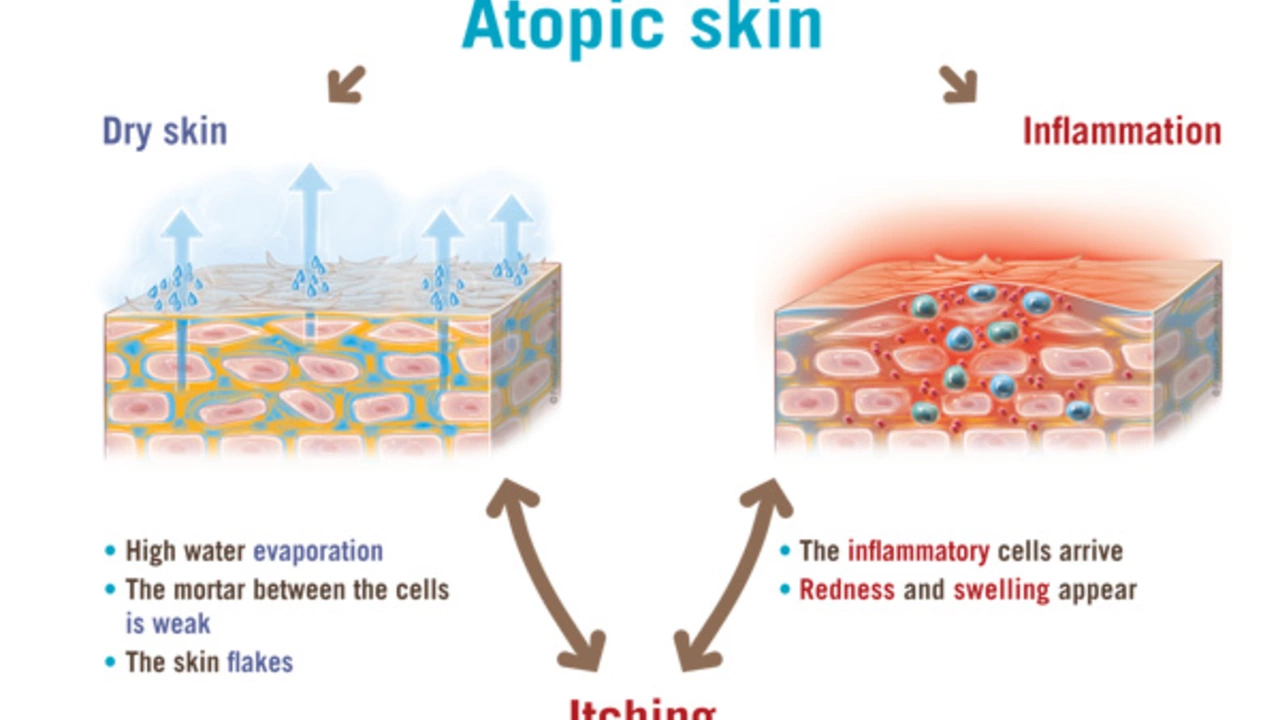Environmental Factors and Your Health – What You Need to Know
Ever wonder why some people get sick more often even when they eat right and exercise? The answer often lies outside the kitchen and gym. Things like air quality, water safety, workplace chemicals, and even the neighborhood you live in can push your body toward illness or keep it thriving.
Air, Water, and Soil: The Invisible Influences
The air you breathe carries tiny particles that can irritate lungs and trigger allergies. If you live near heavy traffic or a factory, those pollutants may increase the risk of asthma, heart disease, or even certain cancers. Simple actions—like using an indoor air purifier or keeping windows closed on high‑pollution days—can cut exposure dramatically.
Water isn’t just about drinking; it’s also what you use for cooking and bathing. Contaminated tap water can introduce lead, bacteria, or harmful chemicals into your system. Installing a certified filter and checking local water reports are easy ways to protect yourself and your family.
The ground beneath us holds hidden dangers too. Soil near old industrial sites may contain heavy metals that get absorbed by plants you grow at home. If you garden, testing the soil or using raised beds with clean fill can keep those toxins out of your veggies.
Lifestyle Choices Meet the Environment
Even habits that seem harmless interact with environmental factors. For example, smoking inside a poorly ventilated room adds a cocktail of chemicals to already polluted indoor air, magnifying lung damage. Switching to outdoor smoking spots or quitting altogether gives your lungs a chance to recover.
Stress isn’t just mental—it triggers hormonal changes that can worsen the impact of noisy neighborhoods or crowded living conditions. Taking short breaks, practicing deep breathing, or spending time in green spaces helps balance those stress hormones and lowers disease risk.
When it comes to medication, environmental factors matter too. Some drugs break down faster in high humidity, while others may cause skin reactions if you’re exposed to sunlight after taking them. Always read the label and ask your pharmacist how climate or season might affect a prescription.
Bottom line: You don’t need a science degree to protect yourself from harmful environmental factors. Start by checking local air quality alerts, using water filters where needed, and creating a clean space at home. Small changes add up, making it easier for your body to stay strong against the invisible challenges around you.


